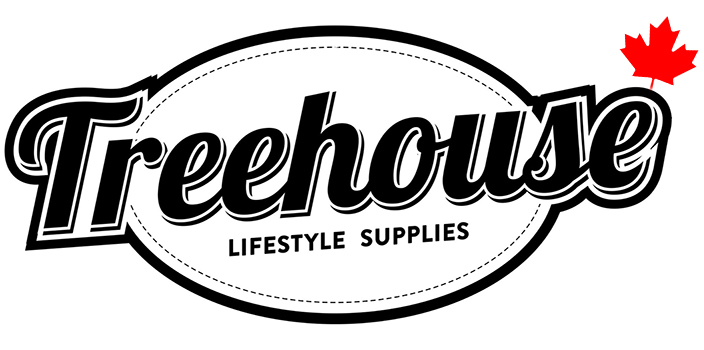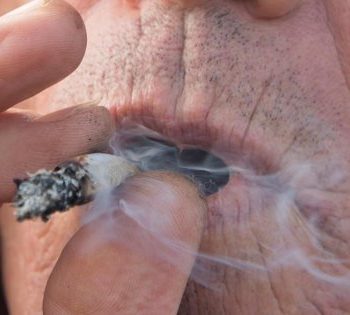The U.S. Border Patrol Has Officially Started Banning Canadians Who Admit To Using Marijuana
It’s no longer just a threat.
The legalization of recreational cannabis in Canada has been fraught with difficulties.
TL;DR American border agents along the Saskatchewan border have reportedly denied entry to residents of the town of Estevan for admitting to marijuana consumption.
First, the supply of legal cannabis is quickly evaporating. In Quebec, the société québécoise du cannabis (SQDC), the government-run agency with a monopoly on marijuana sales, has had to close its doors three days per week to manage its already-limited stock.
There has also been some confusion among law enforcement agencies about the particulars of the new cannabis laws. Though, that hasn’t stopped some departments from issuing hefty fines for some weed-related offenses.
Then, of course, there’s the issue of American officials, who vehemently oppose the legalization of recreational marijuana.
Despite its legalization in some states, cannabis is still prohibited federally. Because U.S. customs and border security are the purview of the federal government, Canadians have long worried about the potential consequences of legalization for cross-border travel.
The U.S. Customs and Border Protection agency (USCBP) has vowed to issue lifetime entry bans to Canadians who even admit to consuming cannabis to its officers.
Today, it’s clear that border agents have followed through with that promise.
According to the CBC and local officials in Estevan, Saskatchewan, several residents have been denied entry to the United States for disclosing their past casual associations with marijuana.
While the CBC report states only that these individuals were “turned away” by border agents, such instances of denial of entry are stored in the USCBP database and permanently tarnish individuals’ travel records. Effectively, therefore, these Canadians have all but explicitly received lifetime bans.
According to testimonies from those individuals, U.S. border agents asked probing questions about their histories with cannabis. Such interrogation seems to defy earlier, albeit implicit, assurance from the USCBP that officers would not ask such questions unless they had reason to suspect marijuana contact (smell, residue, etc.).
While many Canadians have already reported that border agents appeared to care little about legalization in Canada, these latest reports suggests that fears about cross-border travel post-October 17th were justified.
(via mtlblog.com)









